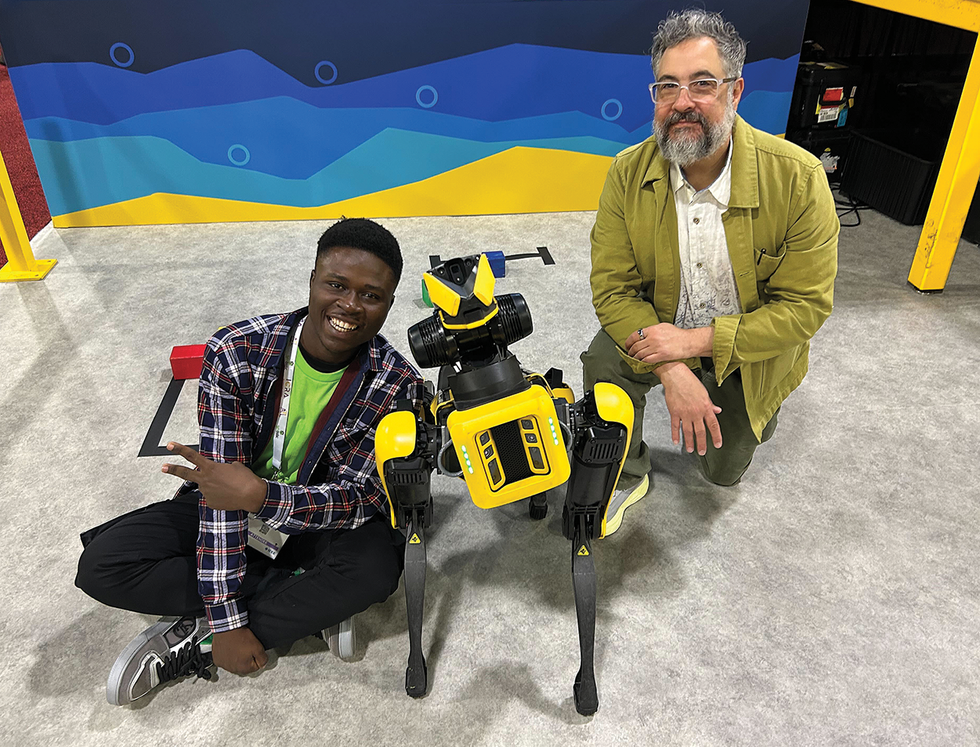Now Reading: IEEE President Explores How History Shapes Technology’s Future
-
01
IEEE President Explores How History Shapes Technology’s Future
IEEE President Explores How History Shapes Technology’s Future

Speedy Summary
- IEEE has emphasized the past evolution of electrical, electronic, and computing fields for over 140 years, advocating knowledge sharing and public policy to advance technology for humanity.
- Contributions from figures like Michael Faraday (electromagnetism) and Grace Hopper (“queen of software”) spotlight the significance of history in shaping technological advancements.
- public trust, ethical considerations, and sustainability are deemed essential to fostering technological progress while addressing challenges in emerging fields such as artificial intelligence (AI) and quantum computing.
- The IEEE History center preserves the legacy of past innovations through programs like oral histories, museum exhibits, milestone dedication ceremonies, and preuniversity learning resources via IEEE REACH.
- By studying past successes and failures in engineering history, innovators can build on previous generations’ achievements for safer and more impactful technology advancement.
Indian opinion Analysis
IEEE’s efforts to document historical advancements resonate globally but carry specific relevance for India-a country aspiring to be an innovation hub within domains like AI quantum computing-fields directly referenced by this initiative. Leveraging educational tools akin to IEEE REACH could benefit India’s young engineers by situating STEM teachings within social contexts historically relevant worldwide yet adaptable locally.
Additionally India’s pursuit towards growth could assurance requirement alike safety/sustainability boundary smart tech

























